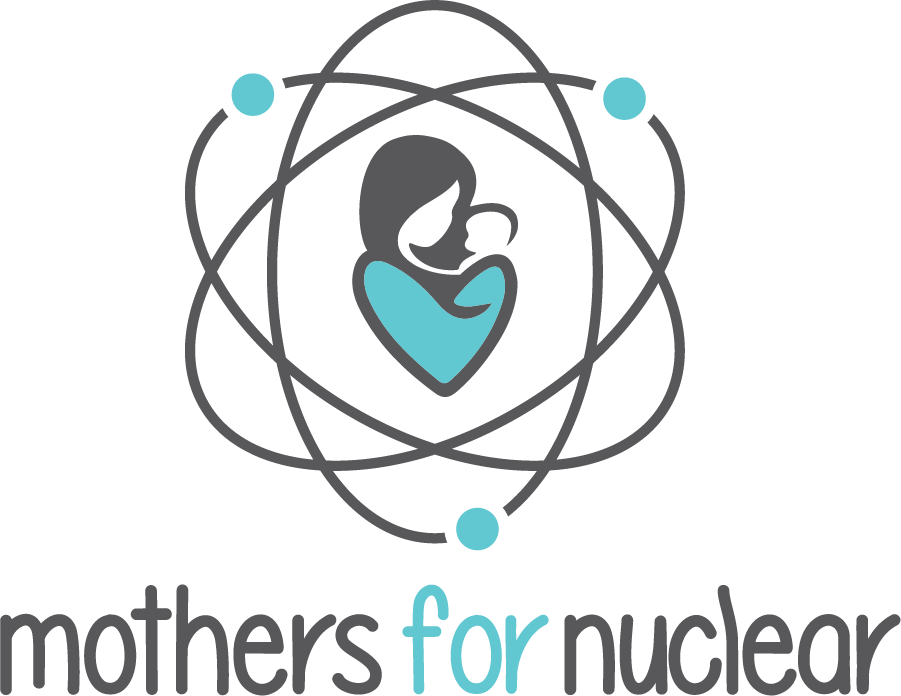Charlyne Smith
Electricity and clean water were not always accessible commodities growing up in rural St. Catherine, Jamaica. As it was, and still is today, families like mine would resort to means of drawing electrical lines from the homes of strangers to light up our small two-bedroom, one-story home on Old Harbour Road. It was both humbling and frightening to know that no matter how bad we thought we struggled, someone, somewhere, was struggling more. This was home for the first 17 years of my life.
Volunteering to plant trees on high school campus in Jamaica.
Me and my grandfather.
It was not uncommon for children to want to become scientists and politicians so that they could effect a positive change to improve our way of life and access to reliable infrastructure. For as long as I can remember, my grandfather would always tell me that I would become the Prime Minister of Jamaica. “Yuh ave sense! yah go help wi and mek Jamaica betta!” he would say, which translates: You’re smart, you’re going to help your people and make Jamaica a better place. He still holds this dream close.
I had dreams of becoming a scientist and an inventor to help solve problems of access to some basic necessities of life. I use to ask myself, how is it that I live on this beautiful tropical island surrounded by a body of water and yet power and clean water are not something that all 2.8 million people living on the island have access to? At that point, it was only logical to choose which problem to address by dedicating my career to the goal of solving the world’s energy problem for my country and others like mine. Naturally, I thought the only way to contribute was to explore renewable sources of energy, solar energy in particular.
Aspiring scientist on a mission to learn about the secrets of nature in rural Jamaica.
Sweet, sweet Jamaica.
I came to the United States (US) in search of opportunities to further my academic career and further explore the wonders of creation in its raw beauty. It was not until I moved to the US that I realized the severity of living conditions in Jamaica. In addition to the expected challenges of unemployment and lack of healthcare, I was introduced to unfamiliar adversities associated with my gender, my skin color, and my national origin. Although these challenges caused personal distress and self-doubt, transitioning from inadequate energy sources to the comfort of life in the US gave me an appreciation of reliable infrastructure. The evident disparity between reliable energy in the US and Jamaica motivated me to ensure that children of the next generation will never know a day without access to clean water and reliable electricity.
I began my undergraduate career at Coppin State University (CSU) investigating different fruits with dark pigments to create dye-sensitized solar cells (DSSCs), based on the hypothesis that fruit dye-based solar cells would absorb enough ultraviolet (UV) radiation to power large devices. Although this technology had potential, it was not feasible towards my goal to help power power third-world countries in the immediate future.
Just a month before I flew across the Atlantic to further my studies in science.
I support research in renewable technology that will benefit nations in the next 50–100 years, and I believe that it should continue. However, I’m also driven by the philosophy that every moment spent pursing research opportunities that do not directly improve the lives of our families today deepens holes in the ground with assigned names of our loved ones.
It was not until I attended an Alumni in Excellence at CSU led by Doctor Nicholas Eugene that I met a nuclear scientist for the first time. All it took was a 30-minute conversation with Doctor Nickie Peters to steer my career into the nuclear field because this was, and is, a technology that has the potential to evoke a real change NOW on a large scale. Imagine the good that even just one small modular reactor could do for every third-world country!
Jamaica operates the Caribbean’s only nuclear reactor. SLOWPOKE research reactor is designed primarily for research, education, and training, not for energy-related applications. I believe that we should take it a step further and become an example for other islands in the Caribbean and around the world.
Nuclear energy was not a topic that I grew up hearing about frequently in Jamaica, and in any case, the word “nuclear” invokes fear at first utterance for people who do not know the full truth of its potential. Knowing the full truth can open your eyes to so many possibilities, which can not only save lives but significantly improve them. Both nuclear and renewable sources of energy can solve problems relating to clean energy production, access to clean water, and climate change.
Enjoying the beauty of nature in Idaho.
Every moment counts—our families are depending on us to make the world a better place. That is the reason why I’m pursuing a PhD in nuclear engineering at the University of Florida. For me, nuclear is the obvious immediate solution, while renewable research will take some time to reach its maximum potential. I do this for my grandfather. I do this for the survival of countries like mine.
Embracing my cultural roots.







